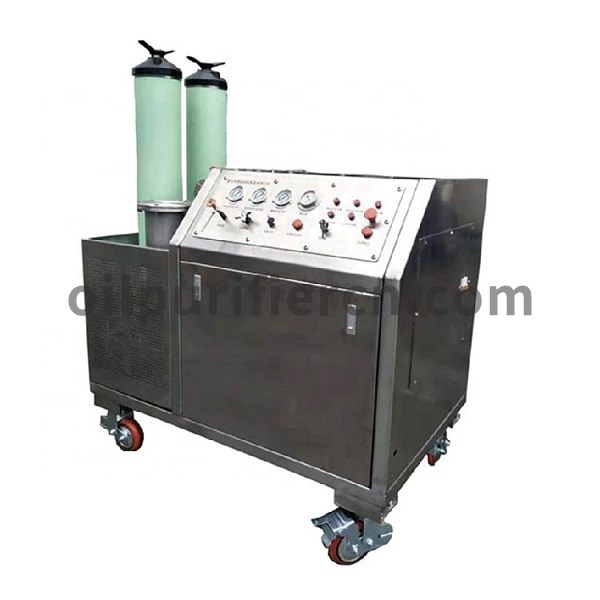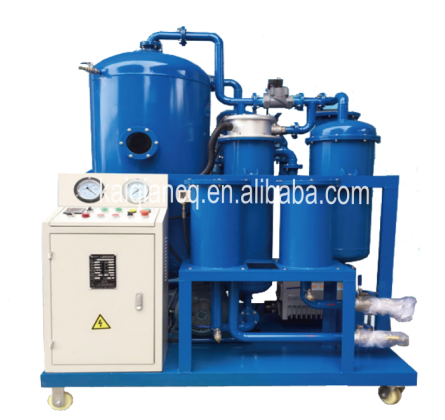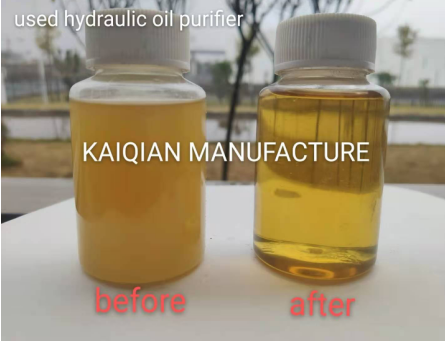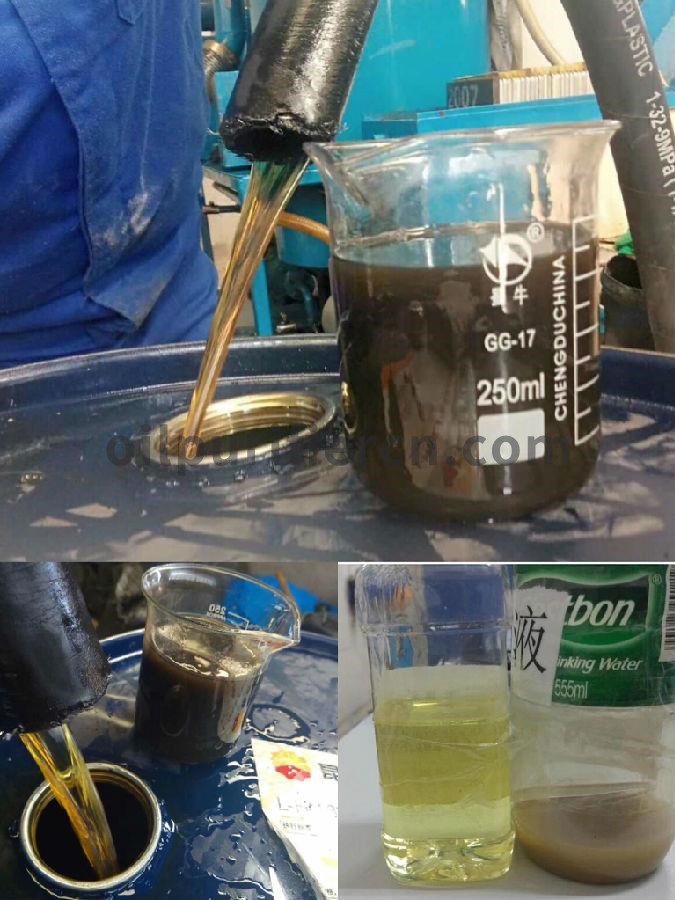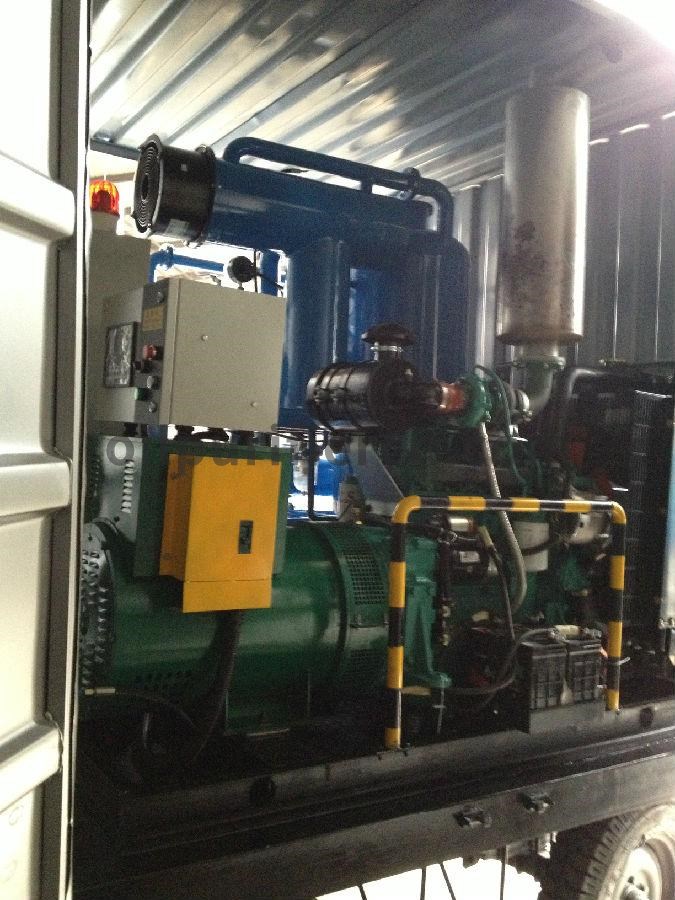WhatsApp: +86 13983031725
Language:
 简体中文
简体中文
 English
English
 Français
Français
 Русский язык
Русский язык
 Polski
Polski
 日本語
日本語
 ภาษาไทย
ภาษาไทย
 Deutsch
Deutsch
 Português
Português
 español
español
 Italiano
Italiano
 한어
한어
 Tiếng Việt
Tiếng Việt
 Pilipino
Pilipino
 بالعربية
بالعربية
 বাংলা
বাংলা
 IndonesiaName
IndonesiaName
 ກະຣຸນາ
ກະຣຸນາ
 Türkçe
Türkçe
Select Language
▼
 简体中文
简体中文
 English
English
 Français
Français
 Русский язык
Русский язык
 Polski
Polski
 日本語
日本語
 ภาษาไทย
ภาษาไทย
 Deutsch
Deutsch
 Português
Português
 español
español
 Italiano
Italiano
 한어
한어
 Tiếng Việt
Tiếng Việt
 Pilipino
Pilipino
 بالعربية
بالعربية
 বাংলা
বাংলা
 IndonesiaName
IndonesiaName
 ກະຣຸນາ
ກະຣຸນາ
 Türkçe
Türkçe

